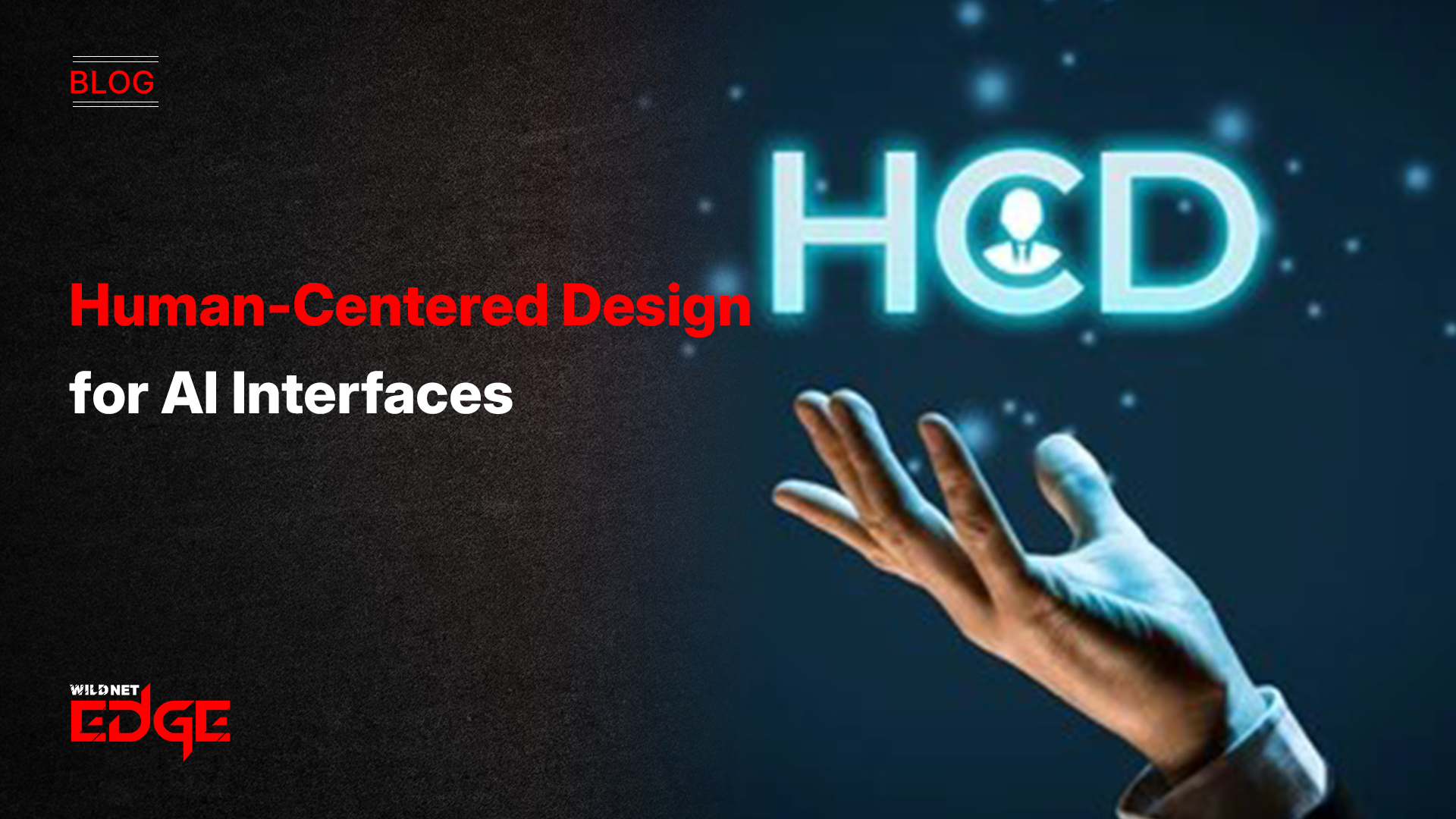In today’s rapidly evolving business landscape, HR software development plays a pivotal role in enhancing operational efficiency. With the ever-increasing complexity of managing a diverse workforce, organizations are turning to innovative HR software solutions to streamline their processes. The question is, how can businesses ensure they are maximizing their HR effectiveness and adapting to ongoing changes in technology? As 2026 approaches, trends in HR software development are shifting significantly, bringing forth new solutions that not only improve efficiency but also enhance user experience. This article explores these emerging trends, providing insights into how businesses can leverage them to elevate their HR capabilities.
HR Software Development Trends Shaping the Future
Emerging Technologies in HR Software Development
As we look towards 2026, emerging technologies are reshaping HR software development. Artificial Intelligence (AI) and machine learning are at the forefront of this transformation. These technologies allow HR software to analyze vast amounts of data, helping organizations make informed decisions about talent acquisition, employee retention, and performance management. For instance, AI-driven tools can predict employee turnover by analyzing patterns from historical data, enabling HR leaders to implement strategies to proactively manage attrition.
Data analytics is another critical component of modern HR software development. By utilizing predictive analytics, HR professionals can gain insights into employee performance and engagement levels. This data-driven approach enables organizations to tailor their HR strategies, ensuring that they align with the evolving needs of their workforce. Companies utilizing these technologies are experiencing significant improvements in HR operations, from recruitment efficiencies to enhanced employee experiences.
User-Centric Design in HR Software Development
User experience (UX) and user interface (UI) design are paramount in the development of effective HR software. As the landscape of HR software development evolves, the focus is shifting towards creating tools that are intuitive and user-friendly. A well-designed interface can drastically improve employee engagement, as workers are more likely to utilize software that is easy to navigate and visually appealing.
For example, incorporating gamification elements within HR software can enhance user interaction, making mundane tasks more enjoyable. This kind of user-centric design fosters a culture of participation, encouraging employees to engage with HR processes actively. As we move into 2026, we can expect HR software solutions that prioritize the user experience, leading to higher adoption rates and overall satisfaction.
Innovative HR Software Development Solutions for 2026
Cloud-Based HR Software Development Solutions
One of the most significant innovations in HR software development has been the rise of cloud-based solutions. As organizations increasingly recognize the benefits of cloud technology for HR management, this trend is expected to continue into 2026. Cloud-based HR software offers flexibility, scalability, and accessibility—enabling HR professionals to access data from anywhere and at any time.
Moreover, with cloud solutions, organizations can reduce IT costs associated with maintaining on-premises software. This technology allows for seamless updates and access to the latest HR tools without significant downtime. Companies that are adopting cloud-based HR software are experiencing enhanced collaboration among team members, resulting in more efficient management of HR processes.
Integration of HR Software Development Solutions with Other Systems
Another vital trend in HR software development is the integration of HR solutions with other business systems, such as payroll, finance, and employee management platforms. This level of integration allows for a unified approach to data management, leading to greater accuracy and efficiency. For instance, when HR software seamlessly connects with payroll systems, it enhances the processing of payroll data while ensuring compliance with relevant laws.
Organizations adopting integrated HR software systems report improved communication between departments and more coherent data flows. For example, if a company uses a single platform for HR and payroll, it minimizes the risk of discrepancies between employee records, payroll calculations, and tax reporting. As the demand for interconnected systems grows, HR software development solutions that offer seamless integration will become increasingly essential.
The Role of Software Development Company in HR Tech
Choosing a Software Development Company for HR Needs
When looking to enhance HR capabilities through software solutions, selecting the right software development company is crucial. Organizations should prioritize companies with experience in HR tech and a proven track record of delivering high-quality solutions. Key criteria to consider include the company’s portfolio, client testimonials, and an understanding of the specific HR challenges the organization faces.
Furthermore, a good software development company will offer customization options. Since no two businesses are alike, it’s essential to partner with a company that can tailor solutions to fit the unique needs of the organization. Lastly, assess their after-sales support; reliable technical support is critical to ensuring that the HR software continues to perform optimally over time.
How a Software Development Company Can Drive HR Innovation
The right software development company can significantly influence innovation in HR processes. For instance, companies like Wildnet Edge have led the way in creating tailored HR solutions that leverage modern technologies. They not only provide software but also engage in brainstorming sessions with HR leaders to identify specific needs and challenges. This collaborative approach often results in innovative solutions that streamline HR functions and enhance employee experiences.
Real-life examples of successful collaborations illustrate the impact a competent company can have. One notable case is a global retail chain that partnered with an HR software development company to automate their onboarding process. By integrating AI and a user-friendly interface, the retailer reduced onboarding time by 70%, resulting in significant cost savings and improved employee retention in the first year.
The Importance of Mobile App Development Company in HR Software
Benefits of Mobile HR Software Development
With the increasing reliance on mobile technology, the importance of partnering with a mobile app development company cannot be understated. Mobile HR applications enable employees to manage their HR tasks on-the-go, which is especially beneficial in a world where remote work is becoming the norm.
These mobile applications provide instant access to important HR functionalities, such as payroll information, leave requests, and performance reviews. Additionally, mobile HR software fosters flexibility and convenience, leading to a more engaged workforce. HR teams benefit too, as they can communicate vital updates or changes in policies quickly through mobile platforms.
Trends in Mobile App Development for HR Software
As we approach 2026, certain trends in mobile app development for HR software are emerging. Enhancements in artificial intelligence, user interface design, and push notifications are top trends facilitating better user experiences and engagement.
- AI-enhanced Features: Modern mobile HR apps are leveraging AI to automate processes like leave approvals, helping HR departments streamline operations.
- Intuitive Navigation: The best apps focus on intuitive designs that make accessing features simple and fast, ensuring employees can utilize these tools effortlessly.
- Personalized Notifications: Providing tailored notifications based on individual employee needs can enhance user engagement and ensure they are informed about important updates relevant to their roles.
These trends are set to enhance employee experience and create a more connected workplace as we move towards 2026.
Data Security in HR Software Development Trends
Ensuring Compliance in HR Software Development
Data security is a critical consideration within HR software development. As companies gather vast amounts of sensitive employee information, ensuring compliance with data protection laws is essential. Regulations such as the General Data Protection Regulation (GDPR) and the California Consumer Privacy Act (CCPA) mandate that organizations implement stringent security measures to protect personal data.
HR software development must, therefore, focus on creating systems that comply with these laws. It involves regular audits, risk assessments, and implementing best practices to safeguard data from breaches. As we move toward 2026, organizations must prioritize working with HR software that emphasizes compliance, providing peace of mind to both the organization and its employees.
Best Practices for Data Security in HR Software Development
To ensure data security, organizations should adopt a set of best practices within their HR software development processes:
- Implement Role-Based Access Controls: Limit access to sensitive information based on employee roles to minimize the risk of unauthorized access.
- Regular Security Audits: Conduct regular security assessments to identify vulnerabilities and address them promptly.
- Data Encryption: Use encryption to protect employee data both at rest and in transit, ensuring that it remains confidential.
- Employee Training: Conduct regular training sessions to educate employees about data security practices, emphasizing the importance of safeguarding personal information.
By implementing these best practices, organizations can significantly reduce the risks associated with data security in HR software development.
Future Challenges in HR Software Development
Adapting to Rapid Changes in Technology
As technology continues to evolve at an unprecedented pace, one of the significant challenges HR software development faces is staying ahead of these changes. New technologies, frameworks, and functionalities frequently emerge, compelling HR departments to adapt their systems and processes rapidly.
To navigate this challenge, organizations must be proactive in updating their HR software. Regular updates ensure they are equipped with the latest features and security protocols. Additionally, engaging with forward-thinking software development companies that prioritize adaptability will enable HR departments to remain agile in the face of technological advancements.
Resistance to Change in HR Software Development
Another significant challenge lies in the resistance to change often encountered in HR settings. Employees accustomed to traditional processes may be reluctant to adopt new software solutions, which can hinder implementation success. Change management plays a crucial role in overcoming this resistance.
To facilitate a smooth transition, organizations should invest in training programs that educate employees about the benefits of the new software. Providing opportunities for feedback during the transition can also help to address concerns and foster a culture of acceptance. By actively engaging employees in the change process, organizations can improve adoption rates and leverage the full potential of their HR software solutions.
Conclusion
The landscape of HR software development is evolving, with several powerful trends poised to shape the future. From leveraging emerging technologies and enhancing user experiences to embracing mobile solutions and ensuring data security, organizations have a plethora of opportunities to improve their HR processes in 2026. Partnering with a reliable software development company, such as Wildnet Edge, can be instrumental in navigating these trends and implementing effective HR solutions. As an AI-first company, Wildnet Edge provides innovative approaches to HR software development that not only meet current needs but also anticipate future challenges. Embracing these trends will position organizations for success, ultimately leading to a more efficient and engaged workforce.
FAQs
The latest trends include AI integration, user-centric design, and cloud-based solutions.
These solutions automate tedious tasks, streamline workflows, and enhance employee experience.
Consider their expertise in HR tech, ability to customize solutions, and customer feedback.
Mobile HR apps increase accessibility, allowing employees to manage tasks on-the-go.
Key trends include compliance with data protection laws and implementing rigorous security measures.

Nitin Agarwal is a veteran in custom software development. He is fascinated by how software can turn ideas into real-world solutions. With extensive experience designing scalable and efficient systems, he focuses on creating software that delivers tangible results. Nitin enjoys exploring emerging technologies, taking on challenging projects, and mentoring teams to bring ideas to life. He believes that good software is not just about code; it’s about understanding problems and creating value for users. For him, great software combines thoughtful design, clever engineering, and a clear understanding of the problems it’s meant to solve.
 sales@wildnetedge.com
sales@wildnetedge.com +1 (212) 901 8616
+1 (212) 901 8616 +1 (437) 225-7733
+1 (437) 225-7733















 ChatGPT Development & Enablement
ChatGPT Development & Enablement Hire AI & ChatGPT Experts
Hire AI & ChatGPT Experts ChatGPT Apps by Industry
ChatGPT Apps by Industry ChatGPT Blog
ChatGPT Blog ChatGPT Case study
ChatGPT Case study AI Development Services
AI Development Services Industry AI Solutions
Industry AI Solutions AI Consulting & Research
AI Consulting & Research Automation & Intelligence
Automation & Intelligence















